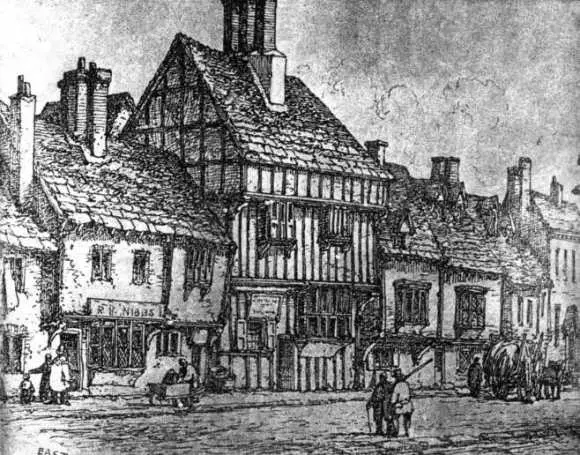Thomas Hartigan

Dr. Thomas Hartigan lived at Heathcote House, London Road. He had an extensive private practice in the town. One of his most important patients was Sir Edward Blount of Imberhorne Manor. In 1894 Hartigan was appointed as Medical Officer of East Grinstead Workhouse.
Thomas Hartigan was also a member of the East Grinstead Urban Council. In 1901 he was elected chairman of the council. With the support of other Liberals, Edward Steer, Thomas Isley and Joseph Rice, Hartigan attempted to introduce a series of progressive measures, including the building of the first council houses in the town.
Thomas Hartigan had strong opinions about the reform of the East Grinstead Workhouse and this brought him into conflict with conservative members of the Board of Guardians. At the beginning of the century the nursing in most workhouses was carried out by elderly inmates. Hartigan was totally opposed to this system and in August 1901, he persuaded the Board of Guardians to employ two qualified nurses.
In May 1902, Hartigan complained to the Local Government Board that James Williams, the master of the workhouse, was interfering with his attempts to give inmates good medical treatment. James Stewart Davy, Chief Inspector of the Local Government Board, investigated the complaint in June, 1902. The report published in January 1903, severely criticised the behaviour of James Williams. The report also added that: "nothing has been proved against Mr. Hartigan in a professional capacity but as he does not possess the confidence of the Board of Guardians he should consider his position."
The Board of Guardians made it clear that they no longer wanted Dr. Hartigan and in 1904 he left the workhouse and took up an appointment as a surgeon at Blackfriars Hospital. Thomas Hartigan died in April, 1909.
Primary Sources
(1) Dr. Thomas Hartigan, speech at the East Grinstead Urban District Council (5th May, 1900)
The great majority of local landlords only regarded a cottage as a means of extracting rent, and many houses were utterly devoid of necessary sanitary arrangements. If the council did its duty many working men would become homeless, for numbers of cottages would have to be condemned.
(2) Statement issued by Dr. Thomas Hartigan on 22nd September, 1902.
For nine years I have endeavoured to introduce reform to the workhouse, and in my efforts I have continually met with opposition. I have had many difficulties to deal with in the matter of bringing the condition of the workhouse up to the standard of modern requirements. I feel certain that the feeling which the Guardians have against me has resulted, to a great extent, in my view, as interference. The present friction between the master and myself is, I am sure, largely due to the encouragement given by the Guardians to the master, in his studied disrespect to myself and my office.
